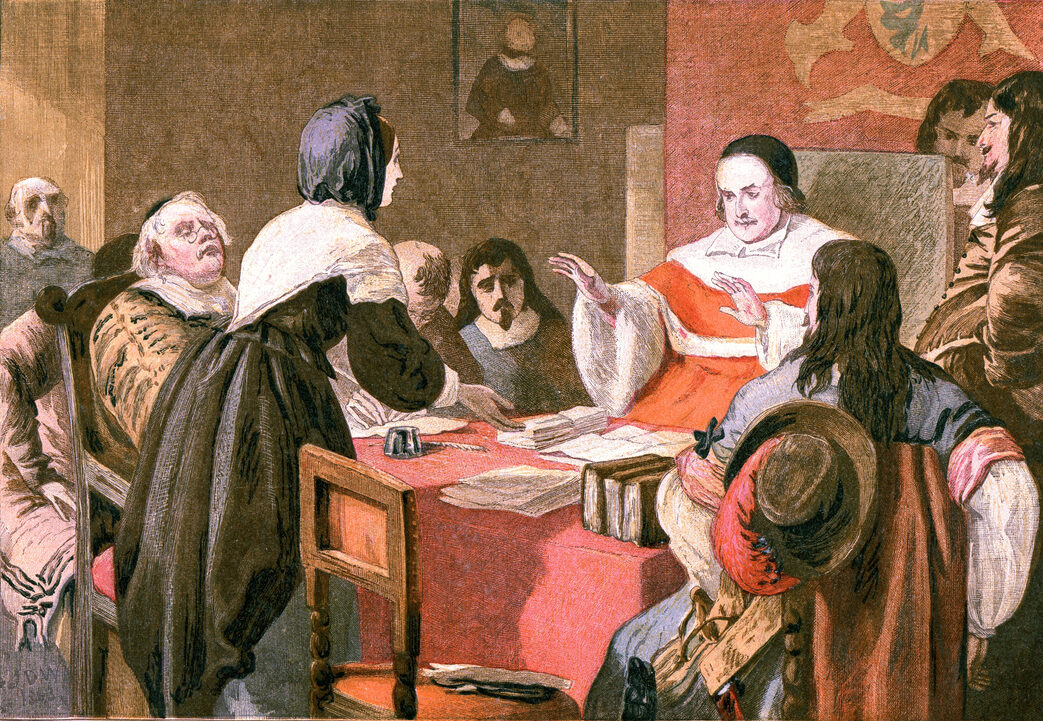
COVID-19 has killed more than 200,000 Americans since it took our first citizen in early February 2020. It has cost us millions of jobs and thousands of businesses. It is difficult to contemplate anything we might have gained from this worldwide pandemic.
However, we humans are a resilient species. We learned better hygiene from past plagues (Typhoid Mary?), better agriculture from past famines (the Dust Bowl?), and better technology from past wars (too numerous to name). With the coronavirus, we are rapidly developing better, cheaper and more accessible systems of social services, including legal services.
We can now have our “day in court” and never go to court.
Just as Walmart encouraged southern ladies to eschew high heels when shopping and Rural King and Atwoods relaxed the clothing bar even further for men than their wives thought possible, socially distanced court proceedings have proved that justice need not be pretentious to be administered fairly.
A livestreamed video decision that grants a divorce or closes an estate is just as valid and just and readily accepted as a stuffy proceeding presided over by some self-important potentate in the presence of three-piece suits and tasseled loafers. American citizens can save time, money and inconvenience by attending court electronically while sipping coffee and wearing casual clothing and still accept judicial decisions as just.
Zoomed legal proceedings are quickly proving what some in the judiciary have been asserting for years—that the facts and law of a case are the essence of justice, not the “majesty of the law.”
Thanks to COVID-19 we judges are also discovering what the Wizard of Oz was so deservedly taught: Litigants do not need to tug on their forelocks and beseech their “betters” for justice. In an American courtroom, even if that courtroom is one’s living room, justice can be “administered freely and without purchase, speedily and without delay” (Indiana Constitution).
It is the fairness of a judge’s ruling, not the judge’s robe or periwig, that is the woof and weave of our judicial system. If we judges concentrate on the evidence and properly apply the law, we need not waste time and resources enforcing arcane rules designed to stroke our egos.
Legal proceedings do need proper structure, but two of our most honored judicial precepts should always be: (1) De minimis non curat lex (don’t sweat the small stuff); and (2) when the reasons for a rule no longer apply, do not apply the rule.
With electronic court, the days of waiting for years to get into a court should be over. Every judge, lawyer and litigant has instant access to a court; there is one in his or her hand, home or chamber. And since 95 percent of all cases are eventually settled without trial, why delay justice due to everyone having to use the same brick-and-mortar building?
Socially distanced justice has been forced upon us, and we should be thankful. We need never go back to the Wizard of Oz days. The curtain has been raised, and up it should stay.

CHICAGO – The American Bar Association Judicial Division announced recently that TheNational Ju...

The National Judicial College is mourning the loss of former faculty member Judge Duane Harves, who passed ...

As the world manages an evolving natural environment, The National Judicial College announced today that it...

Do’s Manage your cases systematically Devise a system that works for you and your organizational...

After 22 years of teaching judges, Tennessee Senior Judge Don Ash will retire as a regular faculty member a...
